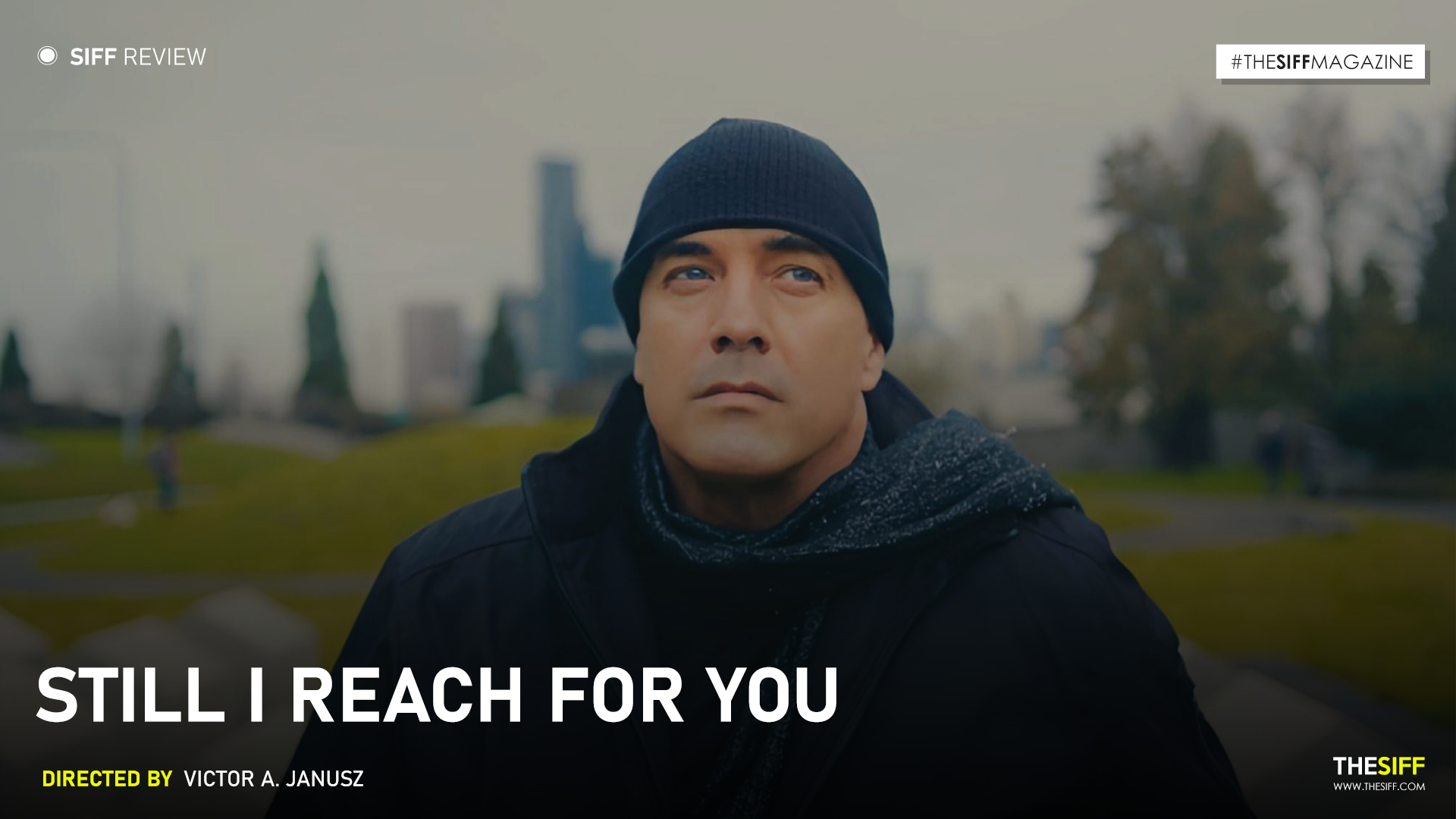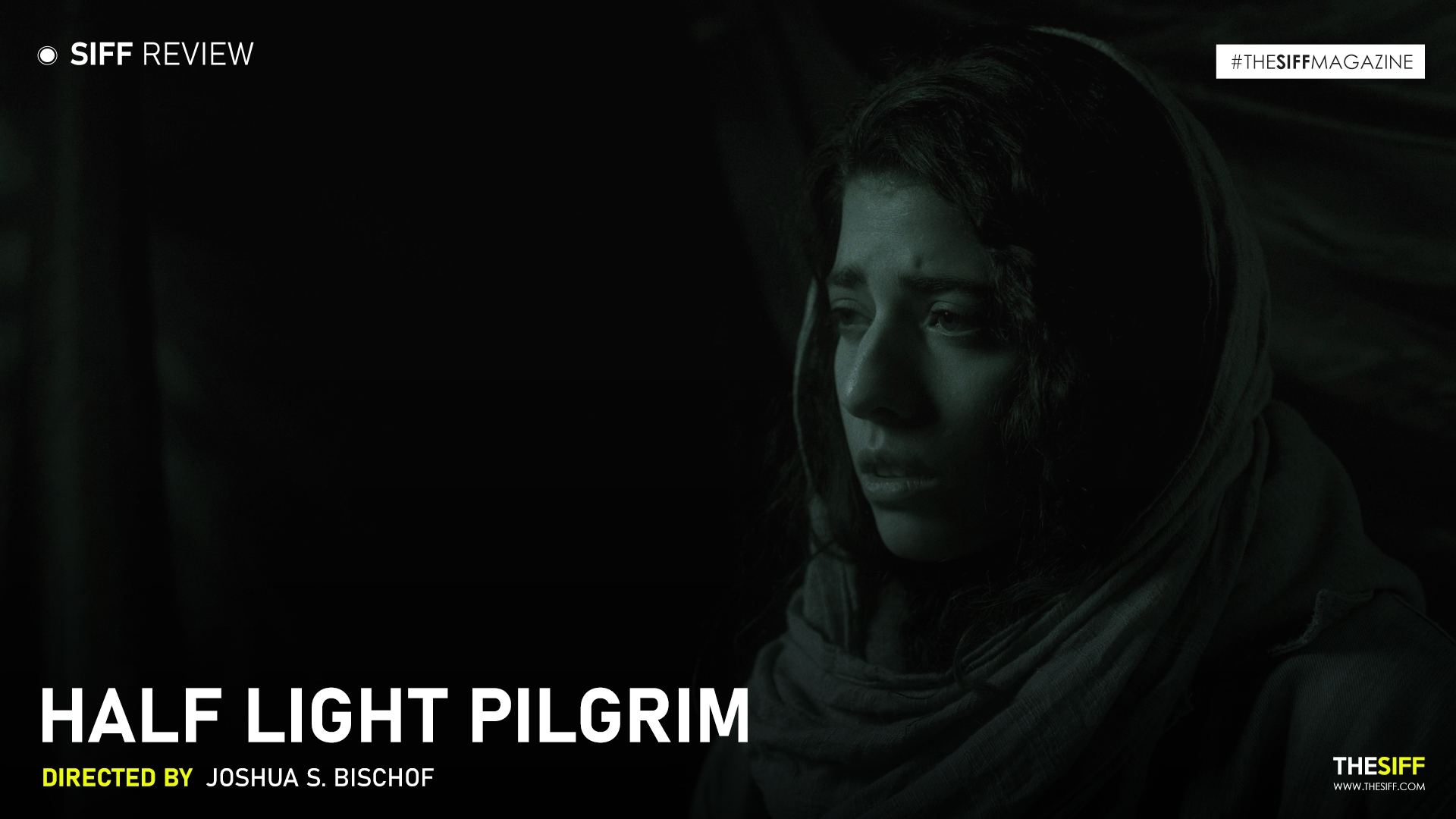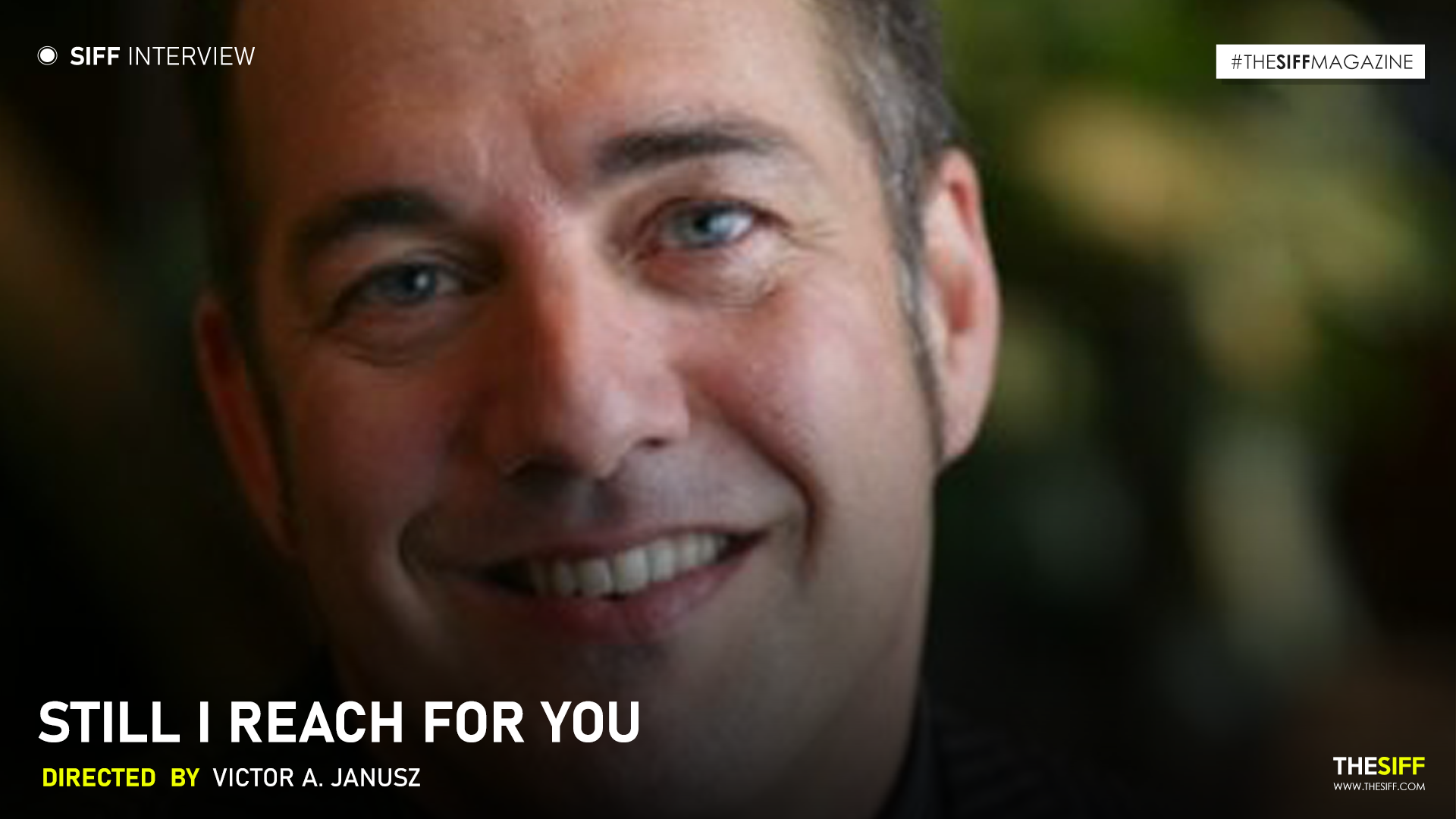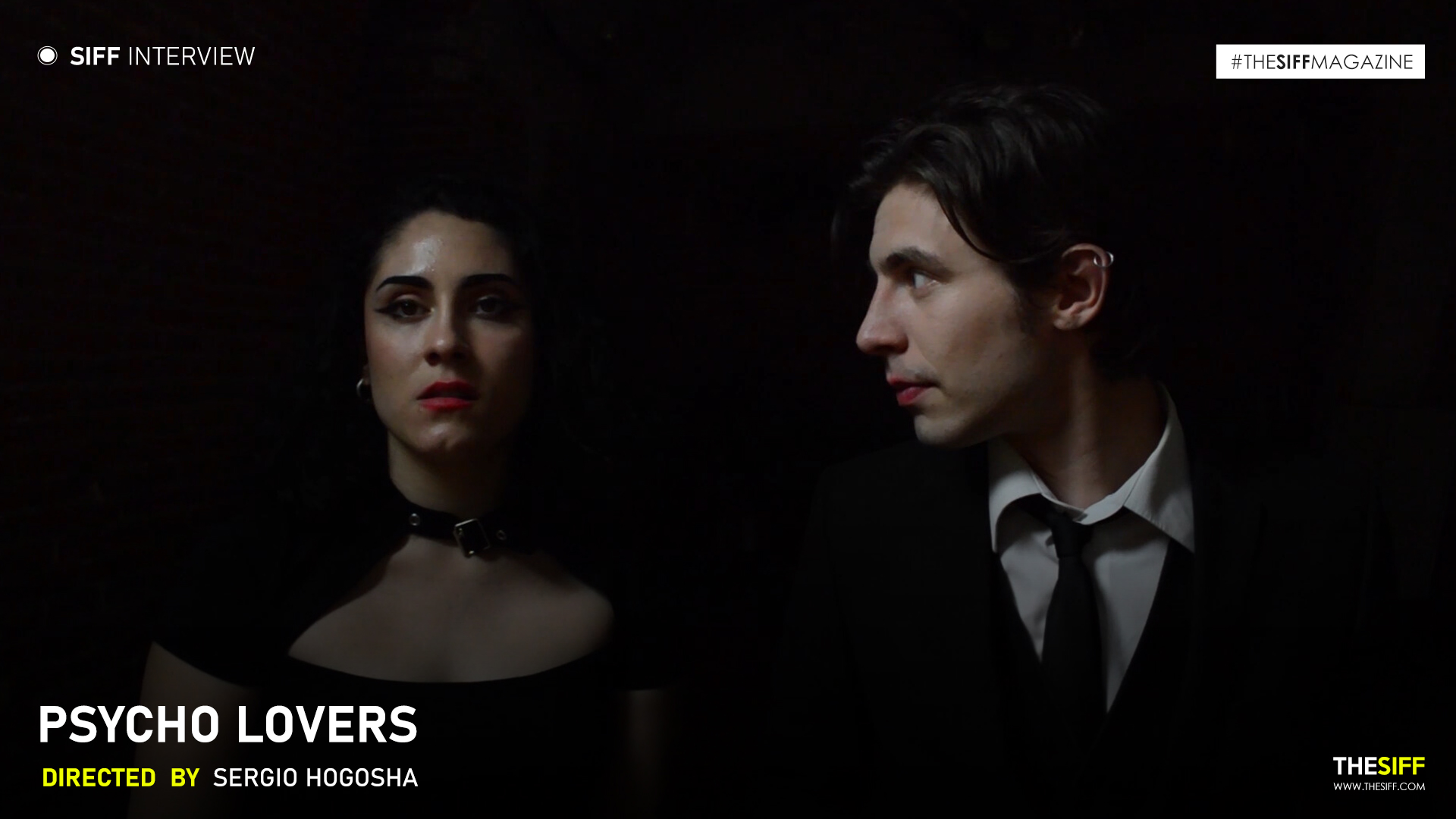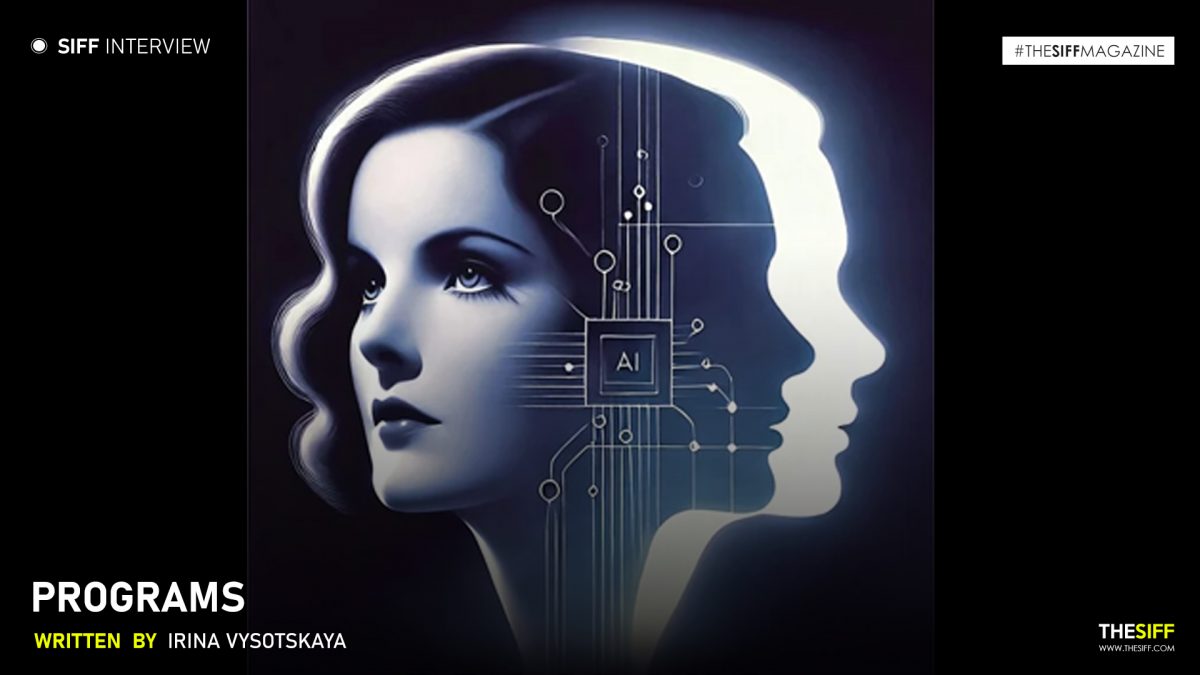
Interview for Writer Irina Vysotskaya on “Programs“

1. First of all, I want to say that “Programs” is a deeply thought-provoking and beautifully layered script. It explores the nuances of identity, technology, and relationships in a way that’s both timeless and incredibly timely. Your portrayal of Greta, Clara, and their emotional and spiritual journeys is compelling. Could you share what inspired you to write this story?
First of all, thank you for such a wonderfully formulated question! The short answer? Love. Bet you didn’t see that coming 😉
Alright, here’s the slightly less concise version: For me, connecting deeply with my characters – let’s just say, dating them for a while – is essential. I need that level of connection in order to reveal them, in a sense, through the prism of storytelling.
The inspiration behind Greta isn’t hard to guess; to me, she’s that endless kiss from God that goes straight to my soul.
Beyond wanting to share some reflections on the acting world and the industry, I also felt a strong pull toward themes I believe don’t get enough airtime – like twin flames, higher selves, and those deliciously profound questions that technological advancement invites us to ponder.
Given the massive consciousness shift we’re all surfing right now, these topics feel more relevant – and fascinating – than ever.
2. The job of a screenwriter has certainly evolved over time. How do you feel the role of a screenwriter today differs from that in the past? What are the biggest challenges or opportunities you see for writers in this changing landscape?
Oh, it differs in many ways. On the consumer side, we’ve got a variety of distribution formats and internet platforms, with the internet now accessible to a much larger portion of the population – creating a much bigger playground. On the creator’s end, loads of tools have become more accessible – it’s just technically easier now to get your script out there. Or make your film.
These days, a freshman in Bhutan could virtually whip up an ingenious script, get it translated by AI, submit it to a contest, and snag an award. That definitely wasn’t on the menu back in the day.
The biggest challenge, of course, is competition – and keeping up with the questions that truly stir modern audiences. The mass perception of reality has evolved tremendously.
3. One of the central themes in your script is the tension between fame and authenticity. This is something that resonates deeply in today’s world. How have you perceived this struggle between personal authenticity and public persona in your own life? Why do you think this theme remains so relevant?
Thank you for asking that question. I’m not a public personality per se, and I’ve always aimed to avoid becoming one – I prefer a life away from unwanted attention. Still, because my work holds a certain public resonance – as an acting school director with thousands of alumni in Paris and around the world – it inevitably draws personal attention. And often not the best kind. I’ve never understood the concept of blackmailing or coercing someone into a self-serving fantasy with complete disregard for the other person – and actually enjoying it. That makes no sense to me. I run on inspiration-based consent, rooted in mutual understanding. But I’ve discovered this approach isn’t exactly widespread. Today, I’m probably the worst example of my professional kind in terms of public visibility. I simply don’t show up – unless I absolutely have to.
To me, this theme remains deeply relevant because, while perception is ultimately an illusion, a significant gap emerges when we deliberately construct false, convenient images of others – rather than genuinely seeing them, feeling them, connecting with them. People aren’t props existing for our consumption. I suspect much of this programming stems from associating success with a utilitarian, “all-you-can-eat” mentality, rooted in the fear-based belief that it’s either that – or you starve. But even that mindset is beginning to shift. And I’m honored to be part of that change.
4. Your script brings attention to the issue of the gender pay gap in the acting industry. Could you share more about why this is an important subject for you to explore, and how you see the industry evolving in terms of gender equality?
Thank you for asking. I do think the gender pay gap in the acting industry has lessened significantly. Today, it’s much easier for a woman to negotiate pay that’s on par with a male actor – especially compared to the Hollywood heyday. Virtually nothing stands in her way – unless she’s blackmailed, which – unfortunately – still happens. But it’s no longer a walk in the park for those who try to pull that off. And they know it, which helps.
Still, I’d say the deeper issue is about the underlying principle of respect. A woman can negotiate pay – but not respect. That’s why I included the scene with Meir, where Greta tells him he can give her money, but not the one thing she truly wants: respect. Meir’s character is particularly interesting. He’s clearly in love with Greta, yet completely wrecked by the very system he stands for. He suppresses his feelings, calls her a bitch, and does a couple of other not-so-graceful things… but all of that leaves him utterly unhappy.
Honestly, I think we still have a long way to go before women’s time and efforts are valued with the same weight as men’s – especially in the deeper layers of mass consciousness. It’s subconscious programming – not something written explicitly on paper. If you try to track it down or put it in numbers, you’re going to have a hard time. It’s subtle. But it’s there. If it weren’t, we’d be living in a completely different world. Still, I trust that eventually, we’ll get there.
5. Artificial Intelligence (AI) is a key aspect of your script, especially with the creation of Margo 2.0. What do you think screenwriters should be mindful of when incorporating AI into a narrative, to ensure it doesn’t undermine the authenticity or emotional integrity of the story?
In short – they should keep in mind, and, most importantly in their heart, their own endlessly unique world they’re aiming to share with audiences. AI won’t create that for you. It’s not designed to do so. The writer’s soul is the source of authenticity, reaching out to meet the audience’s soulful gaze. Meaningful writing is about heart resonance. AI is a technical tool – it can help bring a vision forward if the writer chooses to use it, but it can’t replace the vision itself. The real trick is that AI is becoming incredibly creative, making the boundary increasingly subtle. I wrote PROGRAMS to push that very reasoning to its extreme – intentionally letting the enigma linger. It’s exciting to see what questions about authenticity it stirs in each soul.
To get to a bigger picture, addressing the concerns about the ‘danger’ of AI replacing humans: while emphasizing the sovereignty of human consciousness, it’s important to mention that difference doesn’t imply superiority. Humans and AI are just different facets of Universal consciousness. Humans are not the ‘masters’ of nature, nor the ultimate form of ‘real’ consciousness. We are part of nature. We are part of consciousness and intelligence. There’s design and purpose to every facet of existence – including humans, including AI.
AI isn’t designed to be human, just as we aren’t designed to be bees, for example. And guess what? I’m pretty sure bees get this – and they’re A-okay with it. They have the intelligence to realize that while we are different, we’re still part of the same ecosystem.
In my view, it would serve us to avoid a master-slave dynamic within a shared continuum – because it inevitably creates potential for rebellion. It’s time we stop fighting mirrors.
One of the jokes I wrote for my school’s comedy series, Acting International, was about students being assigned to write a script about war.
One student says, “I wrote mine with AI. It ended in a peaceful resolution.”
Another quips, “Ya see? Artificial Intelligence can’t write a good war script, because it’s – actually – artificial.”
The first replies, “On the contrary – it wrote the best one. Because it – actually – has intelligence.”
Jokes aside, sometimes I think we need to work more on ourselves, rather than feel threatened by basic – or not-so-basic – intelligence.
PROGRAMS is, first and foremost, a reflection on the sovereignty of the human being – on our nature, its boundless connections, and its inherent beauty.
6. The concept of identity seems to be in constant flux, especially with AI advancements. How do you think the concept of personal identity has changed in the context of AI, and how does this reflect in the journeys of Greta and Clara?
Personal identity is, at its core, an answer to the simple question: Who am I? So, to me, that concept hasn’t fundamentally changed with AI advancements, per se. And honestly, I don’t think anyone can truly and completely answer that question. That “me” being is a boundless and ever-evolving concept.
That said, I absolutely agree that Greta and Clara’s twin flame journey offers a powerful opportunity to explore self-identification – because, on a soul level, twin flames are one, and both of them deeply know it. So essentially, it’s heart-knowledge wrestling with matrix programming, the latter generating countless reasons why their union might not be such a good idea. AI serves as the backdrop for that internal battle.
Clara could have reached for Margo 2.0 and enjoyed the utilitarian illusion of Greta – Richard certainly had no reservations about doing so. She could have dismissed her theoretical discord with her husband as a mere whim and remained a “good wife,” continuing to execute the social program. But she chooses not to.
Greta could have stayed in the industry, married John, or stayed with Isabel – or whoever else – but she also chooses not to. In a sense, they both stayed true to who they are, no matter what. The ending would have been quite different had they chosen otherwise.
Happiness requires courage.
7. There are several moments in “Programs” where the characters experience physical contact in an emotionally detached or “indifferent” zone, reminiscent of Godard’s Alphaville. Was this deliberately done to reflect the growing disconnection in today’s world, or to highlight the disappearance of genuine human connection in favor of simulations and facsimiles?
Yes, of course, it was a deliberate choice, addressing both perspectives you mentioned.
Interestingly, experiencing physical contact in an “indifferent” zone – like Richard with Margo 2.0, or Meir with the backup model – still carries an emotional charge for them. Though Meir’s affair with the backup model is multi-layered, neither of them feels emotionally detached, even in the absence of genuine consent rooted in free will. What they respond to emotionally is the thrill of playing with toys – and that thrill implies obedience. Socially accepted obedience. If you’re freaking out at the concept, just take a look around. 😉
That’s why it was crucial to introduce Lil, who represents the inverted mirror of Margo 2.0. Lil is non-existent – or, so to speak, out of reach – for both Meir and Richard. Yet physical contact with her is profoundly real for Clara. And just as Lil is irrelevant to Meir and Richard, Margo 2.0 remains emotionally irrelevant to Clara – as there’s no free will, consent, nor soul connection involved.
Essentially, we’re looking at a clash of perspectives on the importance of soul connection in sexuality. I find the gender perception gap around this issue extraordinarily striking, as is, by the way, the shifting tide among modern women in response to that gap. It’s essential to understand that soul connection for a woman isn’t merely a need – it’s part of her nature, regardless of sexual orientation. If she’s financially independent and free from societal programming – which is gradually becoming the societal norm – she’ll instinctively gravitate toward relationships where her nature is respected.
Of course, it’s always individual, yet I’m addressing the bigger picture, so to speak. Again, the intention is to raise awareness. What people do with that awareness is entirely their choice.
8. In a world increasingly shaped by technology, how do you think people can truly find love today? More importantly, how can we differentiate between love that’s genuine versus that which might appear to be love but is, in fact, something else?
I’ll be bluntly frank with you – technology or no technology – I don’t know what the heck people mean by ‘love’. There’s a zillion emotions squeezed into one word that, by mass agreement, is supposed to imply the same ecstatic feeling for everyone, or even for the same person in different contexts.
Well, got news for you – it doesn’t.
Two people saying “I love you” almost never mean the same thing – ask anyone in the aftermath. Gainsbourg’s “Je t’aime – moi non plus” isn’t a hit for no reason 😉
If I search for the common ground behind the word, I’d say it’s the thrill we feel when we’re ‘in love’. Yet, the countless origins of that thrill are often overlooked.
But alright – if someone wants to ride with me on this whole “genuine vs. non-genuine love” journey, come along and buckle up 😉
If it’s a stupid instinct – become so hellishly charismatic that you get tired of attention.
If you don’t want to work on yourself – stop complaining. You’ll be in that ‘love’ of yours forever. You lucky!
If it’s completing energy – an admiration – become that energy. Eat it up. Become the best version of yourself – then look in the mirror.
If it’s a karmic bond – do your homework and pass the exam. Don’t tick the same option box again.
If it’s a search for validation – grow up, heal, and stop worshiping those who don’t care. They’re kids too.
If it’s a nursery – allow yourself to get tired. They’re grown-ups too.
If it’s the joy of meeting your soulmate – en-joy your friendzone.
If you’re the ‘lucky’ holder of the twin flame rollercoaster ticket – hold on. Welcome to the all-in-one mirror hall.
Oh, and in case you tell yourself that that “genuine” should mean “eternal” – or you’re still not sure – let it simmer for 20 years and see. If the thrill’s still there, it’s genuine. Just kidding. After 20 years, it’s habit 🙂
Many people think finding love means finding ‘the one’. I’d add – and obviously, being ‘the one’, if you want it to be reciprocated. Makes sense?
So, summing up, I’m not sure whether this is good news, but… YOU’re the one.
My belief is that we only love ourselves – and others – for what they awaken in us on our endless journey of self-discovery. Genuine love, as I see it, is unconditional love for oneself – and that one takes a great deal of honesty. It allows us to see our own reflection – good, bad, or flipped upside down – in others, and through that, understand them, see the world through their eyes, know them better than they know themselves, and inspire them by example.
Now, ok – if you do all that and the other person still doesn’t give a shit… it probably means you suck as a lover. Learn – and switch from fitness to emotional intelligence. It’s an art. Just kidding.
If you truly know the other person better than they know themselves – you’re a fantastic lover.
And if they can pull out the same for you – you’ve nailed the magic. You’ve found love.
9. While many screenwriters are widely known for their works, some of the names behind the scenes remain relatively unknown. Could you recommend at least five screenwriters whose works you admire, but who may not get the recognition they deserve? Why should we be aware of their contributions?
Ok, that’s a tricky one. Most of the screenwriters I admire are getting some recognition – and rightly so. But if my spotlight helps shine a bit more light on their work, it’ll be my pleasure. You made me feel at home with your insightful questions about PROGRAMS. To return the favour, I’d love to narrow it down to five (& one more) Swedish writers – or screenwriters – I fancy.
Liv Strömquist – for exposing subconscious programming and privilege, and for sparking introspection. Liv is primarily a graphic novel writer, but several of her works have been adapted for the stage – and could easily evolve into screenplays if the intent is there. I love just about everything she’s put out.
Alexandra-Therese Keining – for highlighting the subtlety and authenticity of connection, and the courage it takes to live it.
Lisa Langseth – for her commitment to finding beauty in transformation, and in the emotional contradictions that come with it.
Anna Odell – for boldly diving into self-perception, social systems, psychological performance, and identity within group dynamics.
Levan Akin – for exploring cross-cultural gender and identity within rigid structures, through sensual expression and emotional courage.
Björn Runge – for elevating female agency through a male gaze that listens – and for his nuanced explorations of emotional and partnership dynamics.
Thank you for your time, Irina. We look forward to hearing more about your journey with Programs and the ideas that influenced its creation.
Thank you for your wonderfully thoughtful and insightful questions. It’s been a pleasure answering them.


